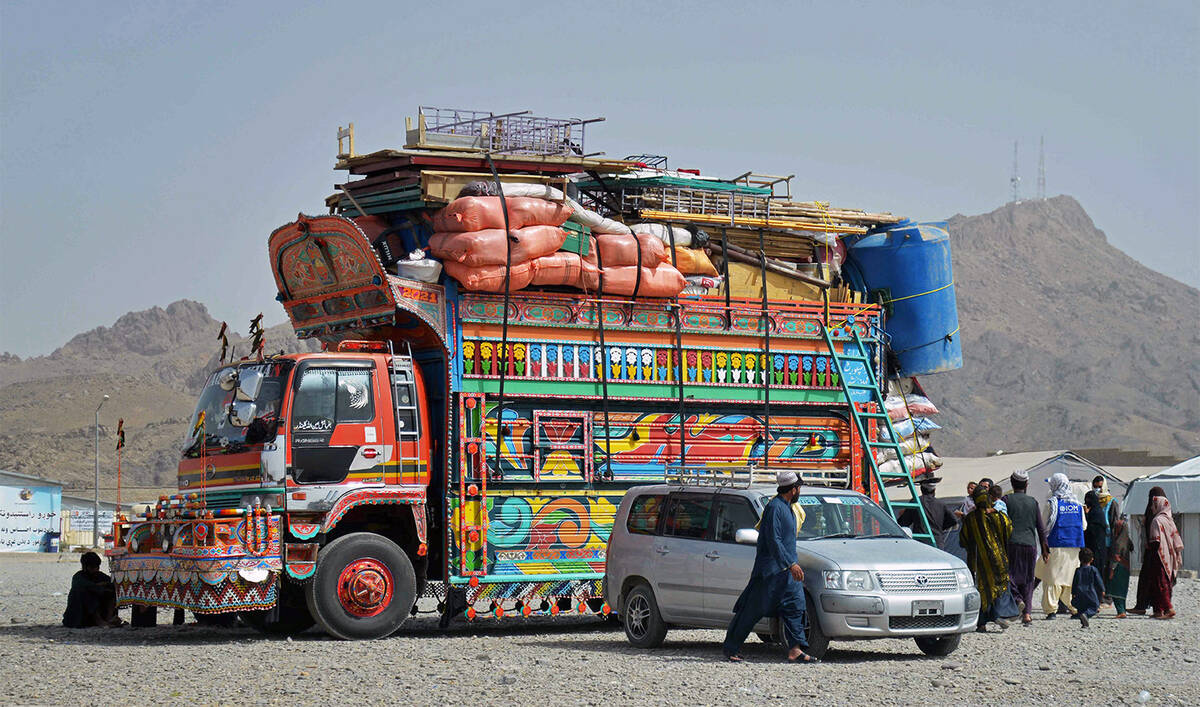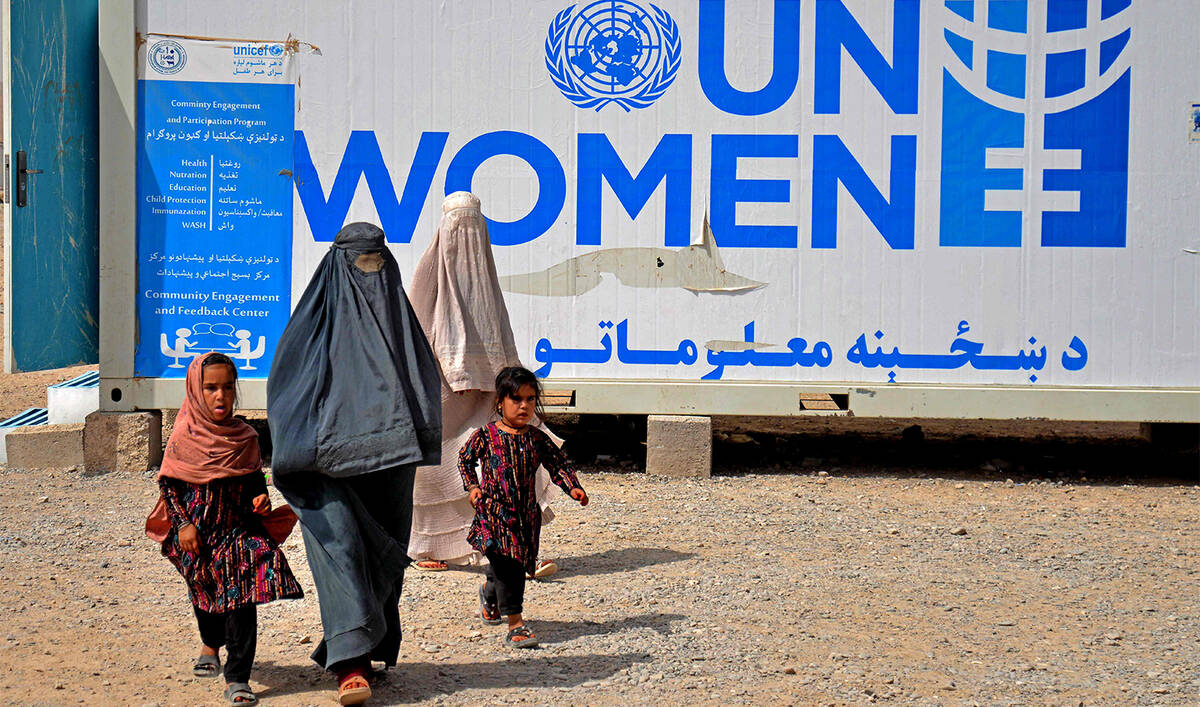NIAMEY, Niger: Thousands of people backing the coup in Niger marched through the streets of the capital denouncing the country’s former colonial power, and setting a door at the French Embassy ablaze on Sunday before the army broke up the crowd.
The Russian mercenary group Wagner is operating in neighboring Mali, and President Vladimir Putin would like to expand his country’s influence in the region. The new junta’s leaders have not said whether they would move toward Moscow or stick with Niger’s Western partners.
French President Emmanuel Macron said Sunday that attacks on France and its interests would not be tolerated and anyone who attacks French citizens will see an immediate response.
Niger, a French colony until 1960, had been seen as the West’s last reliable partner battling jihadists in Africa’s Sahel region. France has 1,500 soldiers in the country who conduct joint operations with the Nigeriens. The United States and other European countries have helped train the nation’s troops.
At an emergency meeting Sunday, the West African bloc known as ECOWAS said that it was suspending relations with Niger, and authorized the use of force if President Mohamed Bazoum is not reinstated within a week. The African Union has issued its own 15-day ultimatum to the junta in Niger to reinstall the democratically elected government.
Shortly after the ECOWAS meeting in Abuja, Nigeria, Chadian President Mahamat Deby arrived in Niger to lead mediation efforts, according to the Chad state radio station.
ECOWAS has struggled to make a definitive impact on the region’s political crises in the past but Bazoum was democratically elected two years ago in Niger’s first peaceful transfer of power since independence from France in 1960.
Members of the Niger military announced on Wednesday that they had deposed Bazoum and on Friday named Gen. Abdourahmane Tchiani as the country’s new leader, adding Niger to a growing list of military regimes in West Africa’s Sahel region.
Some leaders of the mutiny said they overthrew Bazoum because he wasn’t able to secure the nation against growing jihadi violence. But some analysts and Nigeriens say that was a pretext for a takeover driven by internal power struggles.
“We couldn’t expect a coup in Niger because there’s no social, political or security situation that would justify that the military take the power,” Prof. Amad Hassane Boubacar, who teaches at the University of Niamey, told The Associated Press.
He said Bazoum wanted to replace the head of the presidential guard, Tchiani. Tchiani, who also goes by Omar, was loyal to Bazoum’s predecessor, and that sparked the problems, Boubacar said.
Niger’s dire security situation is not as bad as that in neighboring Burkina Faso or Mali, which have also been battling an Islamic insurgency linked to Al-Qaeda and the Daesh group. Last year, Niger was the only one of the three to see a decline in violence, according to the Armed Conflict Location & Event Data Project.
Some taking part in Sunday’s rally warned outside bodies to stay away.
“I would like also to say to the European Union, African Union and ECOWAS, please, please stay out of our business,” Oumar Barou Moussa said at the demonstration. “It’s time for us to take our lives, to work for ourselves. It’s time for us to talk about our freedom and liberty.”
Niger has the most at stake of any country in the Sahel if it turns away from the West, given the millions of dollars of military assistance it has received from abroad.
On Saturday, US Secretary of State Antony Blinken said the continued security and economic cooperation with the US hinges on the release of Bazoum — who remains under house arrest — and “the immediate restoration of the democratic order in Niger.”
Macron said he’d spoken to Bazoum and his predecessor on Sunday. On Saturday France suspended all development and financial aid to Niger.
The 15-nation ECOWAS bloc has unsuccessfully tried to restore democracies in nations where the military took power in recent years. Four nations are run by military regimes in West and Central Africa, where there have been nine successful or attempted coups since 2020.
While the bloc has struggled to have much impact, the measures placed on Niger Sunday show the gravity of the situation, said Andrew Lebovich, a research fellow with the Clingendael Institute.
“The strenuous measures they have put in place or threatened to put in place show not only how seriously they are taking this crisis, but also the urgency the regional body and larger international community feel in trying to force a return to normal that will likely prove elusive,” he said.
The response from the bloc toward Niger differs from how it dealt with recent coups in Mali and Burkina Faso, which did not involve the threat of force if constitutional rule wasn’t reinstated.
In the last few decades it has sent troops into member countries a handful of times.
In the 1990s, ECOWAS intervened in Liberia during its civil war. In 2017 it intervened in The Gambia to prevent the new president’s predecessor, Yahya Jammeh, from disrupting the handover of power. Approximately 7,000 troops from Ghana, Nigeria, and Senegal entered, according to the Global Observatory, which provides analysis on peace and security issues.
Economic sanctions could have a deep impact on Nigeriens, who live in the third-poorest country in the world, according to the latest UN data. The country relies on imports from Nigeria for up to 90 percent of its power, according to the International Renewable Energy Agency. The sanctions would suspend all commercial and financial transactions between ECOWAS member states and Niger.
In a televised address Saturday, Col. Major Amadou Abdramane, one of the soldiers who ousted Bazoum, accused the meeting of making a “plan of aggression” against Niger and said the country would defend itself.
“Tensions with the military are still ongoing. There could be another coup after this one, or a stronger intervention from ECOWAS, potentially military force,” said Tatiana Smirnova, a researcher in conflict resolution and peace missions at the Center FrancoPaix. “Many actors are also trying to negotiate, but the outcome is unclear.”




























